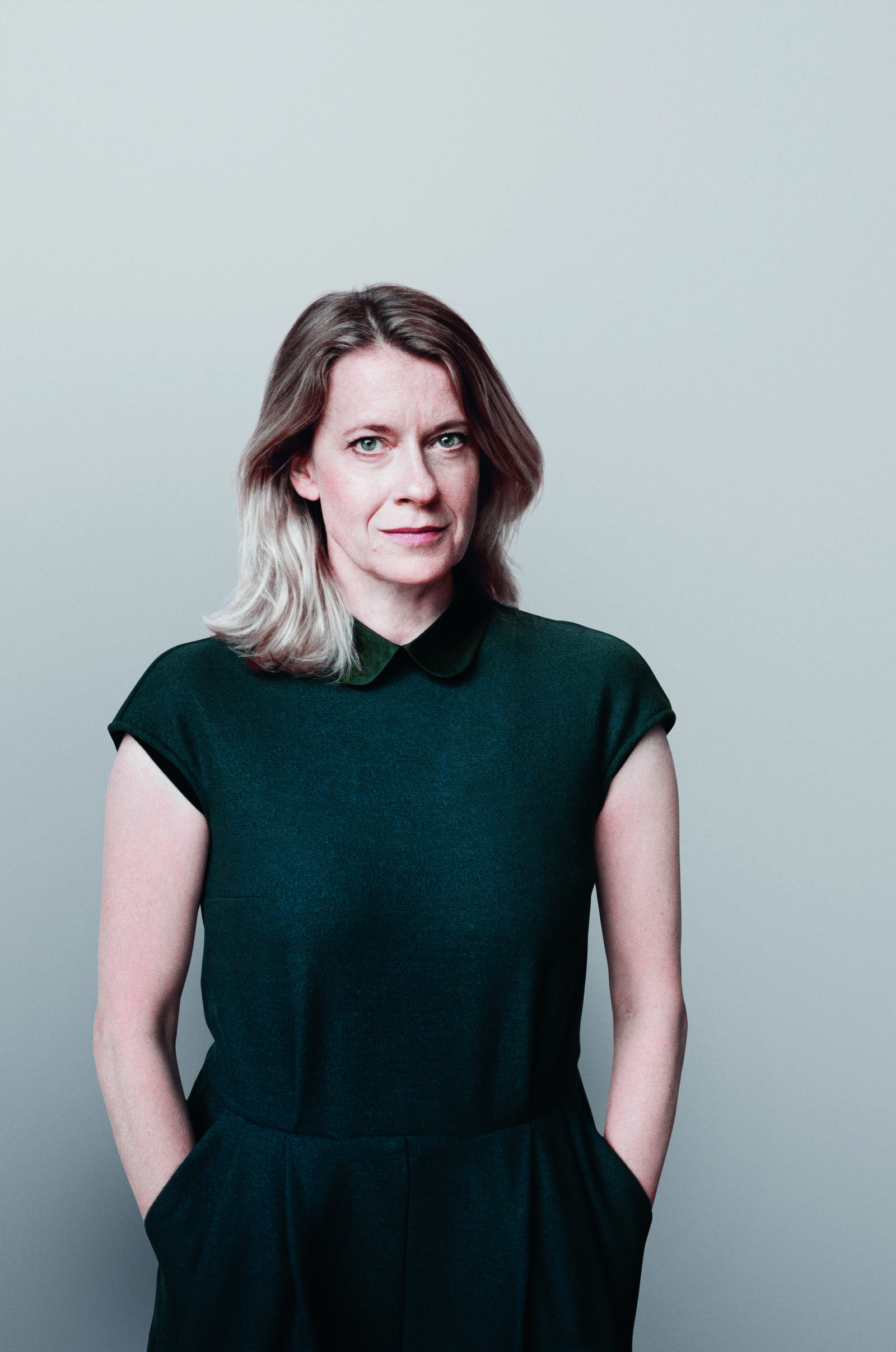The Letters of Ingeborg Bachmann and Max Frisch.
Reading with Caroline Peters and Roland Koch
Guest Performance Burgtheater Wien
PFAUEN
Zurich Premiere, October 2024
1h 30 Min, no breaks
Early 1958: “The Good God of Manhattan”, a radio play by Ingeborg Bachmann – celebrated poet, winner of the Gruppe 47 prize, and Der Spiegel “cover star” – has gone on the air. Max Frisch, who is busy with productions of his play “The Fire Raisers”, writes to the “young poet”, expressing his admiration for her work. Bachmann’s reply in June 1958 sets in motion a correspondence that documents the lives, loves and woes of one of the most well-known couples in Germany’s literary circles – with almost 300 letters dating back to when they first became acquainted through to their split and many years after. Proximity and distance, admiration and rivalry, jealousy, flight impulses and separation anxiety, but also the difficulties that arise when a couple both work from home, and the tension between the life of an author on the one hand and intimacy on the other – these timeless themes permeate the autobiographical documents. The letters – both intimate messages and universal literature at the same time – show how life and work cannot be separated.
The dramatic correspondence paints a new, surprising picture of Bachmann and Frisch’s relationship and calls into question long-established assumptions and apportioning of blame.









